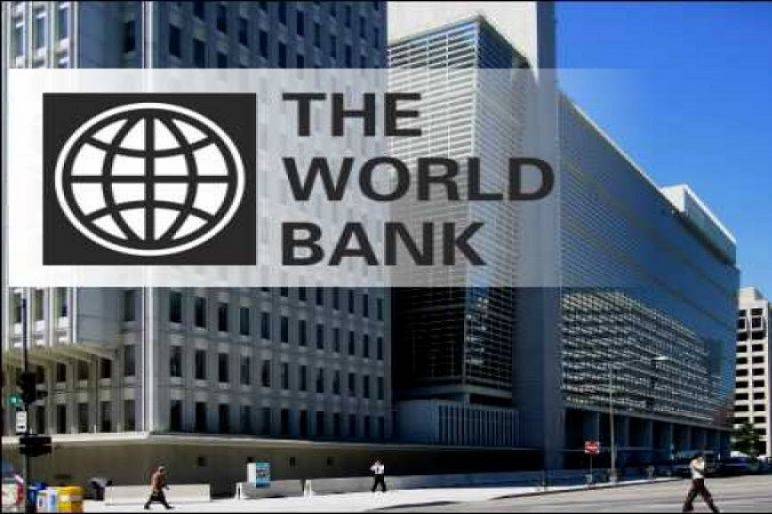The World Bank has urged Sri Lanka to invest in human capital in preparing for a new emerging world and gain success in today’s rapidly evolving knowledge economy.
This call was made by Idah Z. Pswarayi-Riddihough, World Bank County Director for Nepal, Sri Lanka and Maldives when she unveiled the new Sri Lanka Human Capital Development report in Colombo on Friday.
She noted that investing in the human capital is going to be the most important decision a country can make to secure its future.
“Technology and automation are radically changing the very nature of work and reshaping industry, “she said.
“Children in primary school today are likely to work in jobs that may not even exist right now. Developing its human capital to a new and higher level will be key for Sri Lanka to become an upper-middle-income economy,” she added.
“Sri Lanka needs to address human capital development from the twin perspectives of upper-middle-income growth and regional equity,” said Harsha Aturupane Lead Economist and Programme Leader for Human Development for Sri Lanka and the Maldives.
“Greater resources and policy attention are needed for provinces where human capital is less advanced while also making rapid improvements in human capital in the more advanced provinces,” he added.
The report titled “Realizing the Promise and Potential of Human Capital” highlighted that in 2019, Sri Lanka performed moderately well globally, with an overall score of 58 per cent, and a ranking of 74 out of the 157 countries.
If current education and health conditions persist, a child born in Sri Lanka today will be about half as productive as she or he could have been had they enjoyed complete education and full health.
By contrast, children born in Singapore today can expect to achieve 88 per cent of their full potential, while those in Japan and Korea can reach 84 per cent.
And while Sri Lanka is the best performing country in South Asia, it lags behind East Asian countries such as China, Malaysia, Mongolia, Thailand, and Vietnam in terms of human capital, the report revealed.
The report delves into details while analysing the human capital attainments of each province.
Since education and health are both subjects that are devolved to the provinces, provincial level policy makers and officials will find these results particularly useful, enabling them to chart their way forward and formulate policies accordingly.
(Sunday Times)

